As a new parent, you're probably wondering if you'll ever master the art of understanding your little one's needs. The good news? Your baby already knows exactly how to communicate when they're ready for their next feeding! Learning to recognize the signs your baby is hungry will help you respond before they reach the crying stage.
Early Signs Your Baby Is Hungry
By the time your baby starts crying, they're likely already very hungry and quite upset. Crying is actually a late sign of hunger in babies, so it's much better to catch those earlier, gentler cues. Here are the early hunger signs to watch for:
Physical Movement Signs:
- Being more awake and active (thinking about food gets babies excited!)
- Turning their head to the side, as if looking for food
- Turning their head toward your breast, chest, or a bottle
Mouth and Face Cues:
- Opening and closing their mouth, like little birds waiting for their parent
- Making sucking motions with their mouth, even without a pacifier
- Smacking their lips, drooling more, or sticking out their tongue
- Making the "neh!" sound just before crying
Hand and Body Language:
- Sucking on their fingers, hands, or clothing
- Clenching their hands into little fists (they're getting frustrated!)
- Open and relaxed hands transitioning to tense, clenched fists
Eye Contact and Expression:
- Staring at you and following you around the room with their eyes
- Giving you a furrowed brow with a distressed look that says "When are we eating?"
When Baby Sleeps Too Long
While we all love a good sleeper, hunger pangs in those tiny stomachs will usually wake babies up, even from deep sleep. If your little one seems to snooze longer than expected, it's worth checking if they're feeding frequently enough for their age.
As a general rule, new babies shouldn't regularly sleep for 4 hours or longer at a time. While the occasional long nap is perfectly fine (and gives you much-needed rest!), if your baby consistently chooses sleep over feeding, it's worth discussing with your pediatrician about gently waking them for feeds.
How Often Should Baby Feed?
Newborns feed frequently - typically every 2 to 3 hours, and sometimes more often than that. They should feed up to 12 times every 24 hours. This frequent nursing tells your body to produce more milk for your growing baby.
As your little one grows, so does their stomach capacity:
- At birth: Size of a cherry
- Day 3: Size of a walnut
- 1 week: Size of a plum
- 1 month: Size of a large chicken egg
This growth means your baby will still need frequent feeds, but they'll be able to take in more milk each time, potentially allowing for longer stretches between feedings.
Signs Your Baby Is Full and Satisfied
Just as important as recognizing hunger cues is knowing when your baby has had enough. Watch for these "I'm full" signals:
- Releasing or pushing away the breast or bottle
- Closing their mouth and not responding to encouragement to latch on again
- Relaxed, open hands (instead of clenched fists)
- Relaxing their whole body and even going a little limp
- Looking around and showing interest in playing or other activities
- Appearing content and maybe even smiling
- Looking happily drowsy and ready to sleep
Is Baby Getting Enough? What to Watch For
It's natural to worry whether your baby is getting enough nutrition, especially if you're exclusively breastfeeding. Regular pediatric checkups will track your baby's weight gain, which should be about 5.5 to 8.5 ounces per week for the first 4 months.
Good feeding signs include:
- Steady weight gain and growth
- Watching them gulp and swallow during feeds
- Hearing swallowing sounds (without excessive slurping or lip-smacking)
- Meeting diaper output expectations
When to Be Concerned
If your baby isn't feeding well, you might notice these warning signs:
- Low energy or appearing very tired and sleepy
- Spending too little time sucking during feeds
- Taking longer than 30-40 minutes to feed consistently
- Falling asleep immediately after starting to feed
- Weak or very shallow latch
- Painful latch for the nursing parent
- Dark yellow urine instead of pale and watery
- Dry red to brown specks in their diaper
- Not having enough dirty diapers (newborns should have at least 3-4 per day)
If you notice any of these signs, reach out to your pediatrician or lactation consultant right away.
The Bottom Line
Remember, your baby's hunger cues begin long before you hear crying. While it might take some practice to learn your little one's unique signals, most parents quickly become experts at reading their baby's needs. Your baby instinctively knows how to tell you when they're hungry and when they're satisfied.
Trust yourself and your baby - you're both learning together! With regular pediatric checkups to confirm healthy growth, you can feel confident that you're doing a wonderful job nourishing your precious little one.
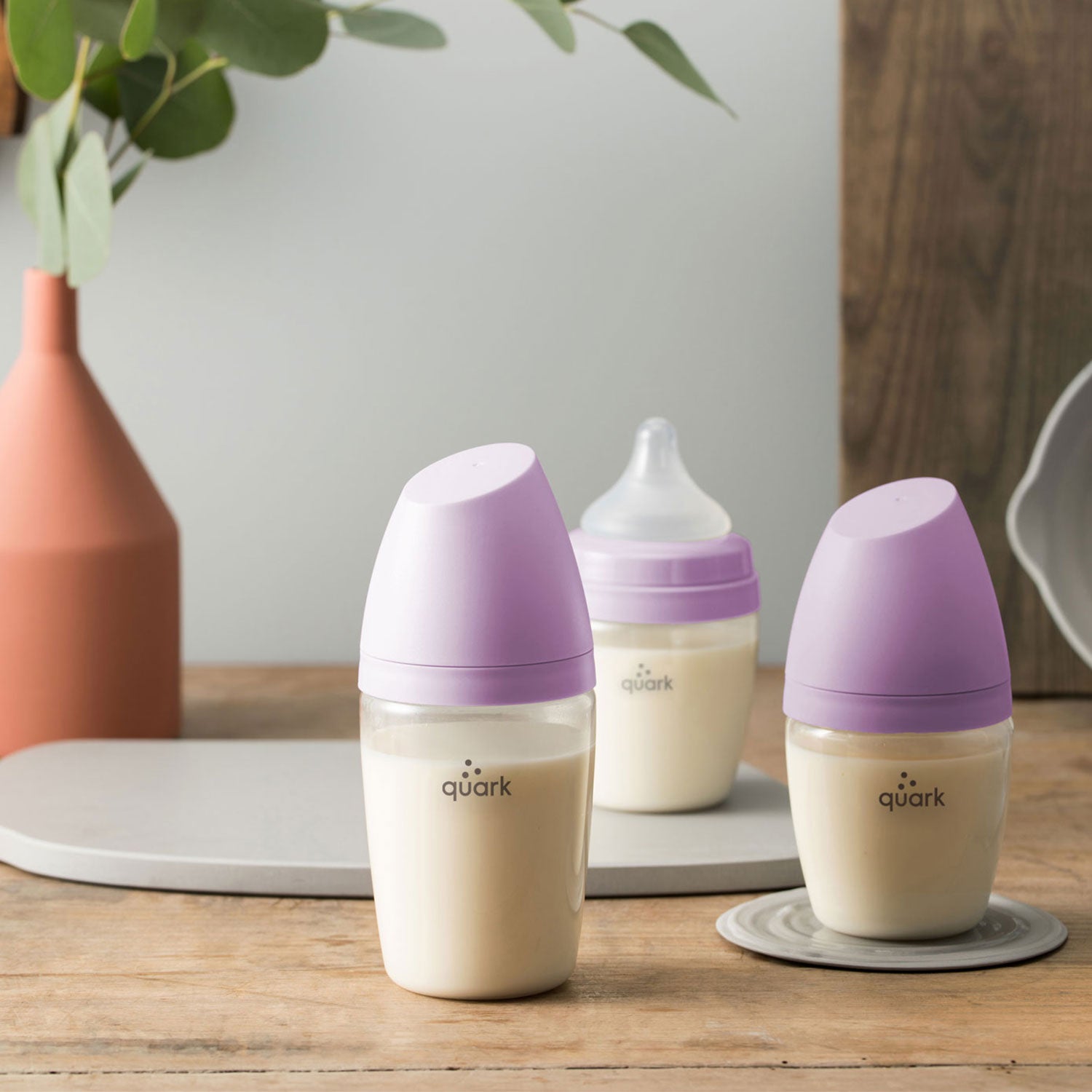



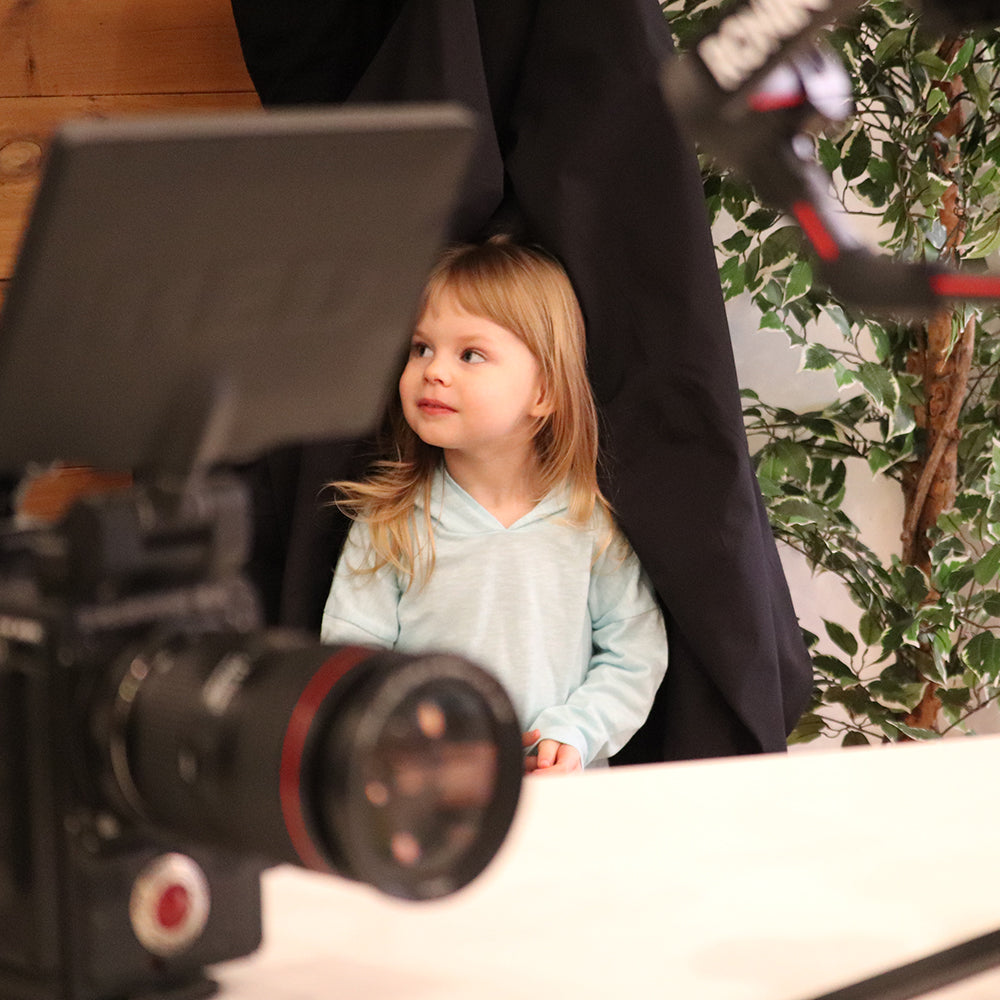
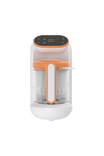
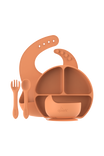
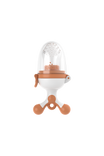
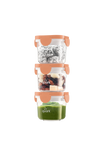
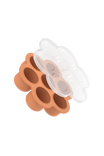
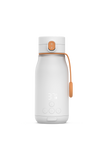
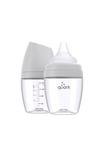
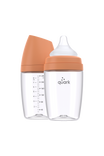
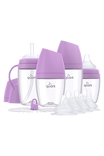
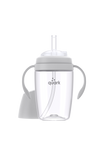
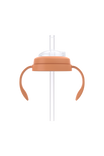
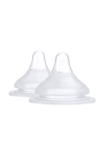
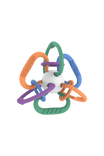
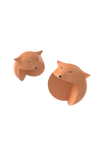

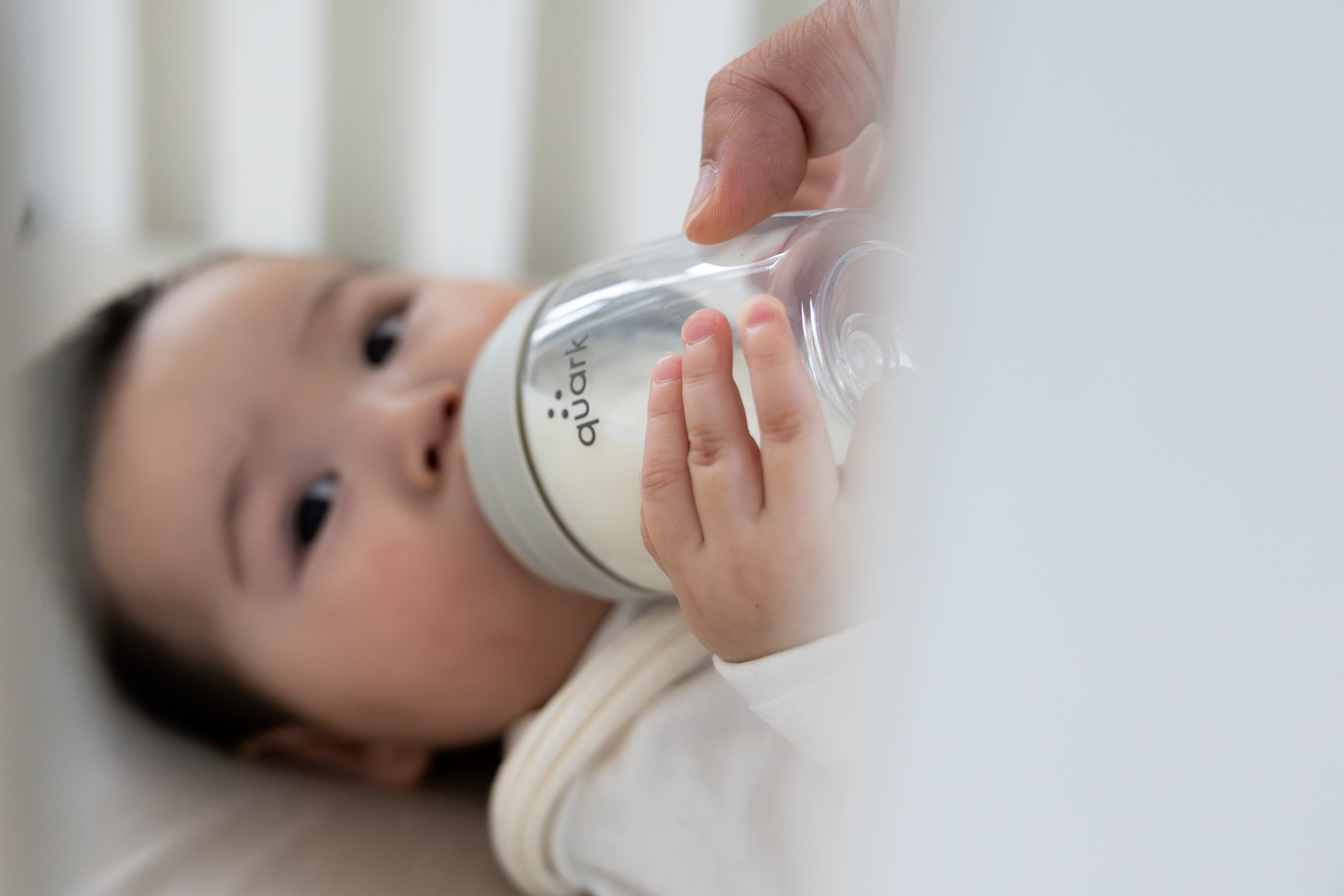
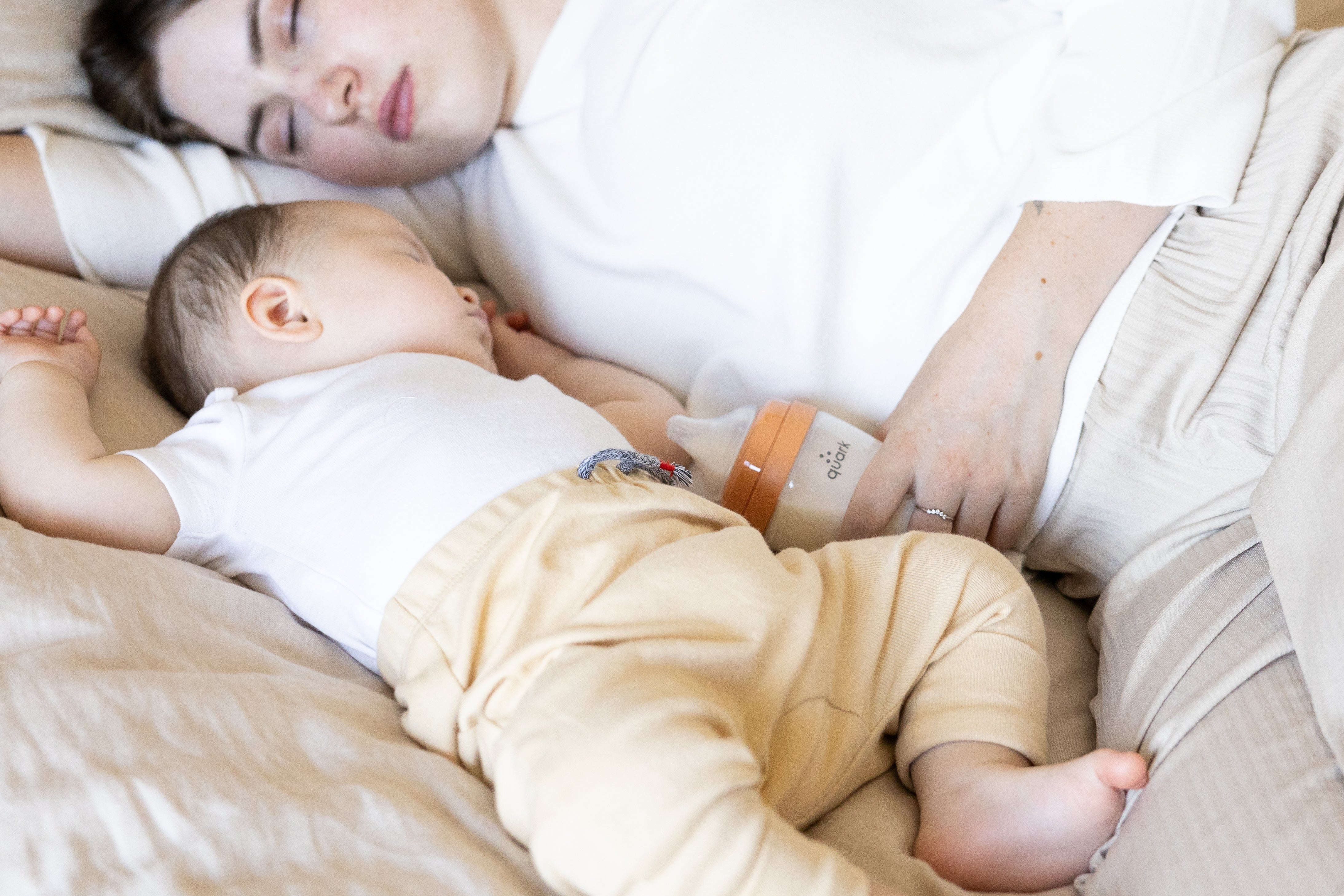
Laisser un commentaire
Tous les commentaires sont modérés avant d'être publiés.
Ce site est protégé par hCaptcha, et la Politique de confidentialité et les Conditions de service de hCaptcha s’appliquent.